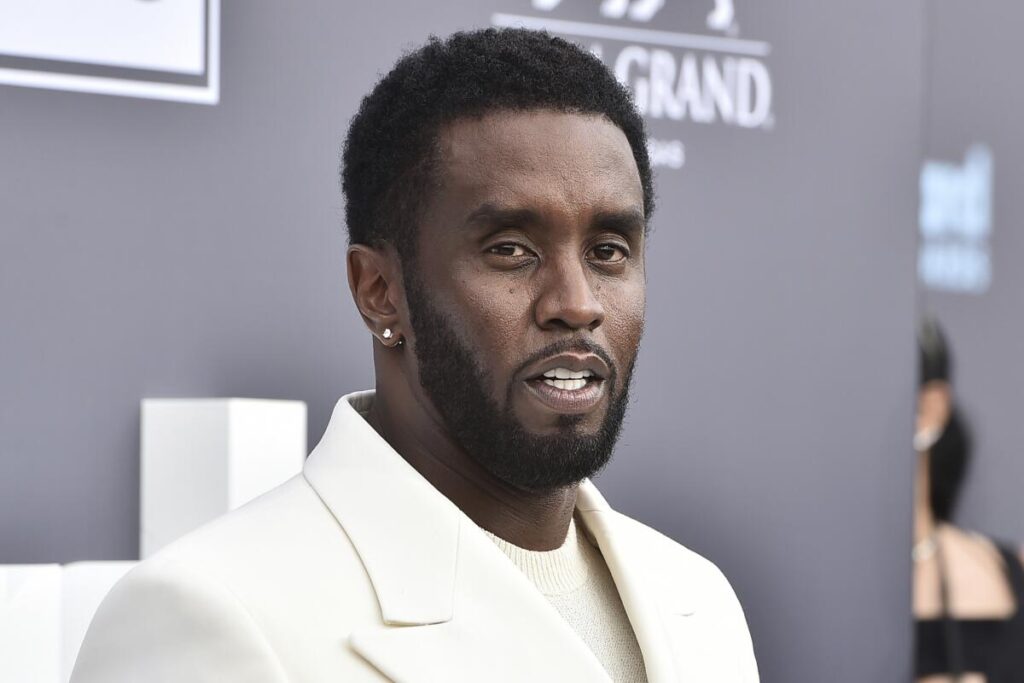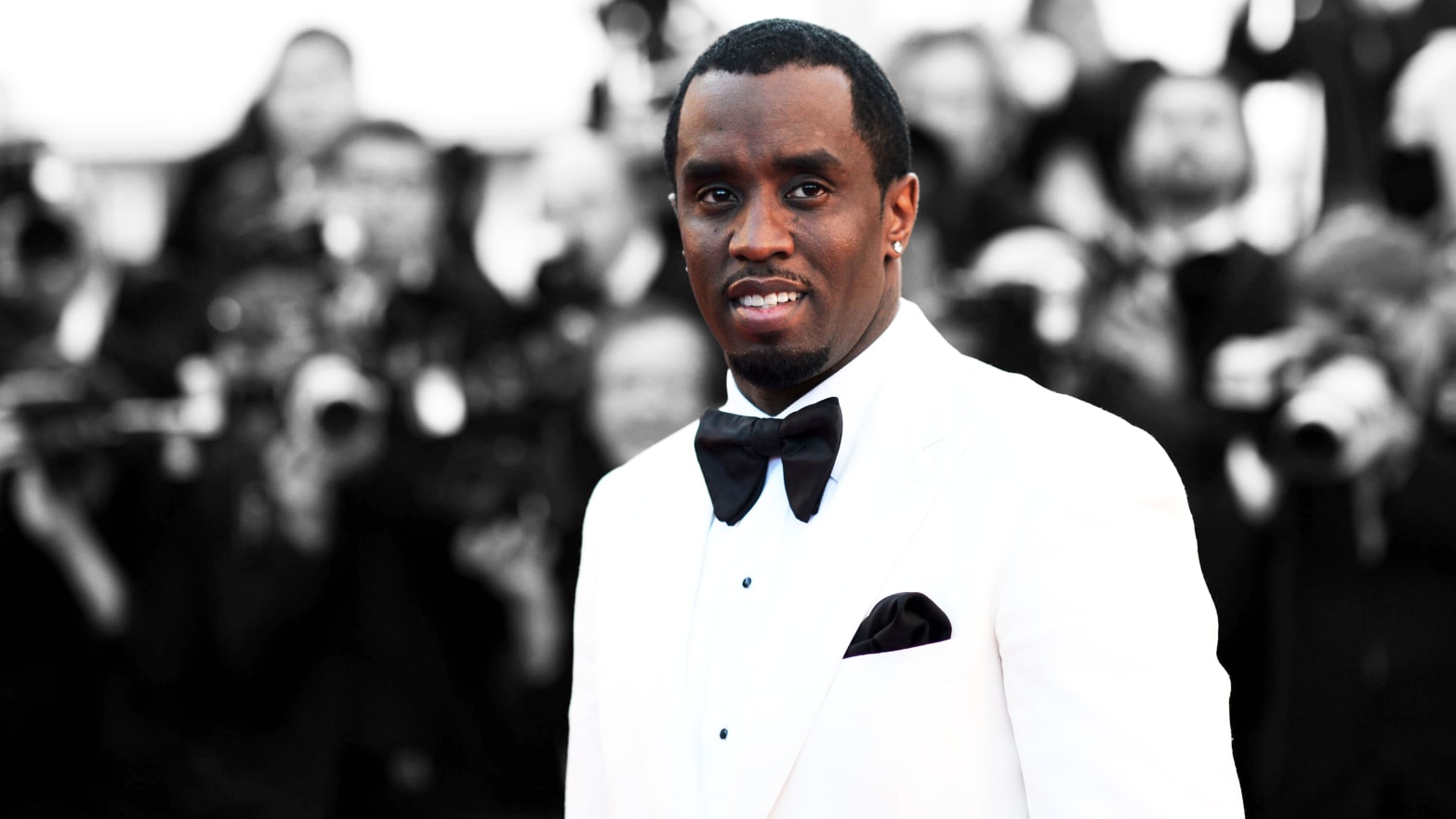In a world where celebrity scandals are sadly familiar, the indictment of music mogul Sean “Diddy” Combs takes things to another level. This isn’t just about bad behavior or a salacious headline—it’s about a multi-count federal indictment with accusations ranging from sex trafficking to racketeering conspiracy. Diddy, a once untouchable figure in the entertainment world, now stands at the center of a storm involving drugs, prostitution, and alleged criminal activities that could end his empire.
But how did we get here? Let’s unpack the accusations and the impact of what may be one of the most high-profile legal battles in recent memory.
What Is Diddy Accused Of?
The charges against Sean Combs are disturbing and serious. According to federal prosecutors, he is at the heart of a criminal enterprise that allegedly involved sex trafficking and coercion, interstate transportation for prostitution, and acts of violence and intimidation.
Key Allegations:
- Sex Trafficking & Racketeering Conspiracy: Diddy allegedly subjected women and male prostitutes to prolonged, drug-fueled sex sessions, often orchestrated with the help of his assistants, managers, and security staff.
- Interstate Transportation for Prostitution: Prosecutors claim that Diddy’s team ensured that these so-called “freak-off” parties—bizarre gatherings involving sexual activity—were stocked with supplies, including drugs and hundreds of bottles of baby oil.
Sounds more like the plot of a dark Hollywood thriller than real life, right?
Inside the “Freak-Off” Parties: Drugs, Baby Oil, and Violence
According to court documents, these “freak-off” parties were elaborate affairs, allegedly hosted in hotel rooms stocked with drugs and other “supplies” to facilitate days-long orgies. It wasn’t just about partying—it was about control. The indictment alleges that Diddy used violence and intimidation to coerce victims into participating, even resorting to physical abuse when necessary.
Authorities’ Findings:
- Drugs and over 1,000 bottles of baby oil were reportedly seized during raids on Diddy’s Los Angeles and Miami homes.
- Assistants, managers, and security staff were allegedly involved in coordinating these events, although no one else has been formally charged—yet.
The Fallout: From a Lavish Lifestyle to a Jail Cell
Diddy, a man once living in a $49 million Florida mansion, now finds himself behind bars at Brooklyn’s Metropolitan Detention Center, awaiting trial. His legal team has been fighting to get him out, but so far, Combs has been denied bail twice. According to his attorney, Marc Agnifilo, the conditions of his detention are dangerous, and they fear for his safety. “It’s violent,” Agnifilo said, noting that a high-profile figure like Diddy could become a target in prison.
While his defense team is doing everything in their power to protect him, many of his accusers believe Diddy is exactly where he belongs.

The Similarities to the R. Kelly Case
The charges against Diddy bear an eerie resemblance to another infamous case: the conviction of R&B star R. Kelly. Kelly, who is currently serving a 30-year sentence, was found guilty of sex trafficking, racketeering, and child pornography. He was also accused of leading a “criminal enterprise” much like the one Diddy is now accused of running.
Lizzette Martinez, a survivor and one of the first to come forward against Kelly, has drawn parallels between the two cases. “I’m extremely proud of the women,” Martinez said, referring to Diddy’s accusers. “You have a whole survivor army behind you.”
Cassie’s Lawsuit: The Turning Point
One of the most damning pieces of evidence against Diddy comes from an incident captured on a hotel surveillance video. The footage allegedly shows Diddy physically assaulting his ex-girlfriend, Cassandra Ventura (better known as Cassie), with a male prostitute still present in the room. This violent altercation appears to be a pivotal moment in the case.
Ventura’s lawsuit against Diddy is believed to have been the catalyst for the current investigation. In fact, ABC News contributor Brian Buckmire pointed out that her lawsuit was the “blueprint” federal prosecutors used to build the case against Diddy. After years of alleged abuse, Cassie’s bravery in coming forward may have opened the floodgates for others to tell their stories.
The Cascade of Lawsuits
Cassie wasn’t alone in coming forward. Following her lawsuit, at least 11 others have filed civil suits against Combs. One particularly disturbing accusation comes from Thalia Graves, who claims that in 2001, she was “bound and restrained” while Diddy “mercilessly raped her.” According to her lawsuit, Diddy even recorded the encounter and showed the footage to others. His legal team has yet to respond to this specific accusation.
With so many cases against him, Diddy’s future looks grim. Though he pleaded “not guilty” in court, the weight of evidence continues to build, and federal prosecutors are actively searching for potential co-conspirators.
A Culture of Abuse and Power?
The case against Diddy is not just about one man—it’s about a culture that allowed someone with immense power to allegedly get away with horrendous crimes for years. Lizzette Martinez, a voice for survivors, said it best: “You can’t look away anymore.”
She’s right. The days of powerful men using their influence to silence victims are—hopefully—coming to an end. The legal system may finally be catching up, but this case has also ignited a broader conversation about celebrity, power, and accountability.
What Happens Next?
As the legal proceedings unfold, the world will be watching. Diddy’s empire, once a symbol of success and glamour, now hangs in the balance. If convicted, this could mark the end of one of the most prominent figures in the music industry. His accusers, and the public, are eager to see justice served.
Final Thoughts
Sean “Diddy” Combs faces a steep uphill battle, but regardless of the outcome, his once-untouchable image has been tarnished. This case is a stark reminder that no one, no matter how famous or powerful, is immune from accountability. As more survivors come forward, the hope is that this case will help shift the culture away from silence and complicity toward justice and healing.

